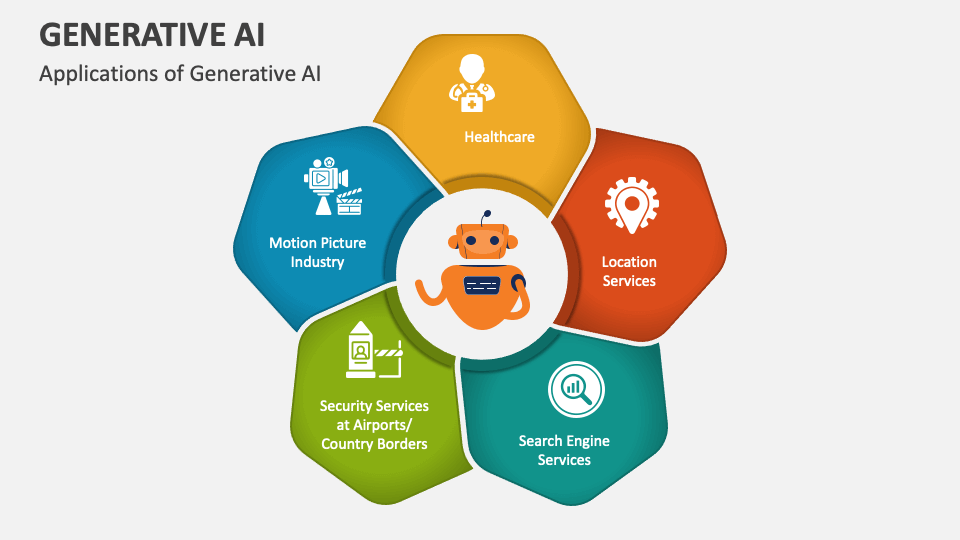Nine Problems of Generative AI In One Diagram
In the swiftly up-and-coming realm of strained intelligence, generative AI tools showcase remarkable potential. Nevertheless, the rising sensation of their potential for harm is undeniable.
In VERSES, we've illustrated concerns related to generative AI tools using data from diverse sources. These concerns predominantly fall into three categories: quality tenancy and data accuracy, upstanding considerations, and technical challenges, often exhibiting a unrepealable level of interconnection.
Credit: VERSES
1) Bias In, ...Bias Out
Theme: Quality Tenancy & Accuracy
A significant rencontre within generative AI revolves virtually its inclination to replicate biases inherent in the training data. Instead of mitigating biases, these tools commonly overdraw or perpetuate them, tossing doubts on the precision of their applications—potentially resulting in increasingly profound upstanding dilemmas.
2) The Black Box Problem
Theme: Upstanding & Legal Considerations
Another significant hurdle in embracing generative AI is the lack of transparency in its decision-making processes. With thought processes that are often uninterpretable, these AI systems squatter challenges in explaining their decisions, expressly when errors occur on hair-trigger matters.
It’s worth noting that this is a broader problem with all generative AI systems and not just generative tools.
3) Expensive to Build and to Maintain
Theme: Complexity & Technical Hurdles
The training of generative AI models, such as the large language model (LLM) ChatGPT, comes with an exorbitant price tag, often soaring into the millions of dollars due to the substantial computational power and infrastructure demands. As an illustration, former OpenAI CEO Sam Altman has verified that the training forfeit for ChatGPT-4 amounted to a staggering $100 million.
4) Mindless Parroting
Theme: Quality Tenancy & Precision
While possessing wide capabilities, generative AIs are serving by the data and patterns on which they were trained. This constraint manifests in outputs that might not fully embrace the depth of human knowledge or powerfully write a spectrum of diverse scenarios.
AI models are moreover known to possess the inability to use jokes in other than a mindless and unfunny charade. (Grok, xAI's chatbot on X, is waffly that).
5) (Mis) Alignment with Human Values
Theme: Upstanding & Legal Considerations
In unrelatedness to humans, generative AIs lack the worthiness to contemplate the repercussions of their deportment in vibrations with human values.
Although instances like the innocuous AI-generated "Balenciaga Pope" may seem harmless, it's crucial to unclose that deepfakes could be utilized for increasingly malicious purposes, like disseminating false information during public health crises.
This underscores the necessity for spare frameworks to ensure the operation of these systems within upstanding boundaries.
6) Power Hungry
Theme: Complexity & Technical Hurdles
The environmental implications of generative AI are untellable to ignore. Given that processing units slosh significant power, models like ChatGPT can incur financing equivalent to powering 33,000 U.S. households, and a single inquiry can be 10 to 100 times increasingly power-intensive than sending one email.
7) Hallucinations
Theme: Quality Tenancy & Accuracy
Generative AI models have a tendency to generate false statements or images when confronted with data gaps, prompting concerns well-nigh the verism of their output and potential repercussions.
Illustratively, in a promotional video for Google Bard, the chatbot incorrectly personal that the James Webb Space Telescope had captured the first images of a planet vastitude Earth's solar system.
8) Copyright & IP Infringement
Theme: Upstanding & Legal Considerations
The upstanding handling of data takes part-way stage, particularly as numerous generative AI tools unlawfully incorporate copyrighted work without obtaining consent, providing credit, or compensating artists and creators, thereby infringing on their rights.
OpenAI has recently implemented a bounty program named Copyright Shield. This initiative covers legal expenses related to copyright infringement suits for specific consumer tiers, opting for this tideway over the removal of copyrighted material from ChatGPT's training dataset.
9) Static Information
Theme: Complexity & Technical Hurdles
Maintaining the currency of generative AI models demands significant computational resources and time, posing a formidable technical challenge. Nevertheless, unrepealable models are structured to facilitate incremental updates, presenting a potential solution to this intricate issue.
Despite the large overlap between these problem areas, these areas are each important and must be kept in mind for regulation and preventing some kind of existential scenario for mankind.
The post Nine Problems of Generative AI In One Diagram first appeared on Gadget Enclave.

